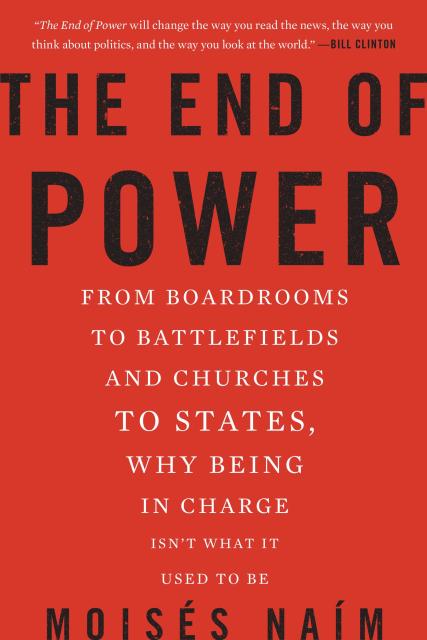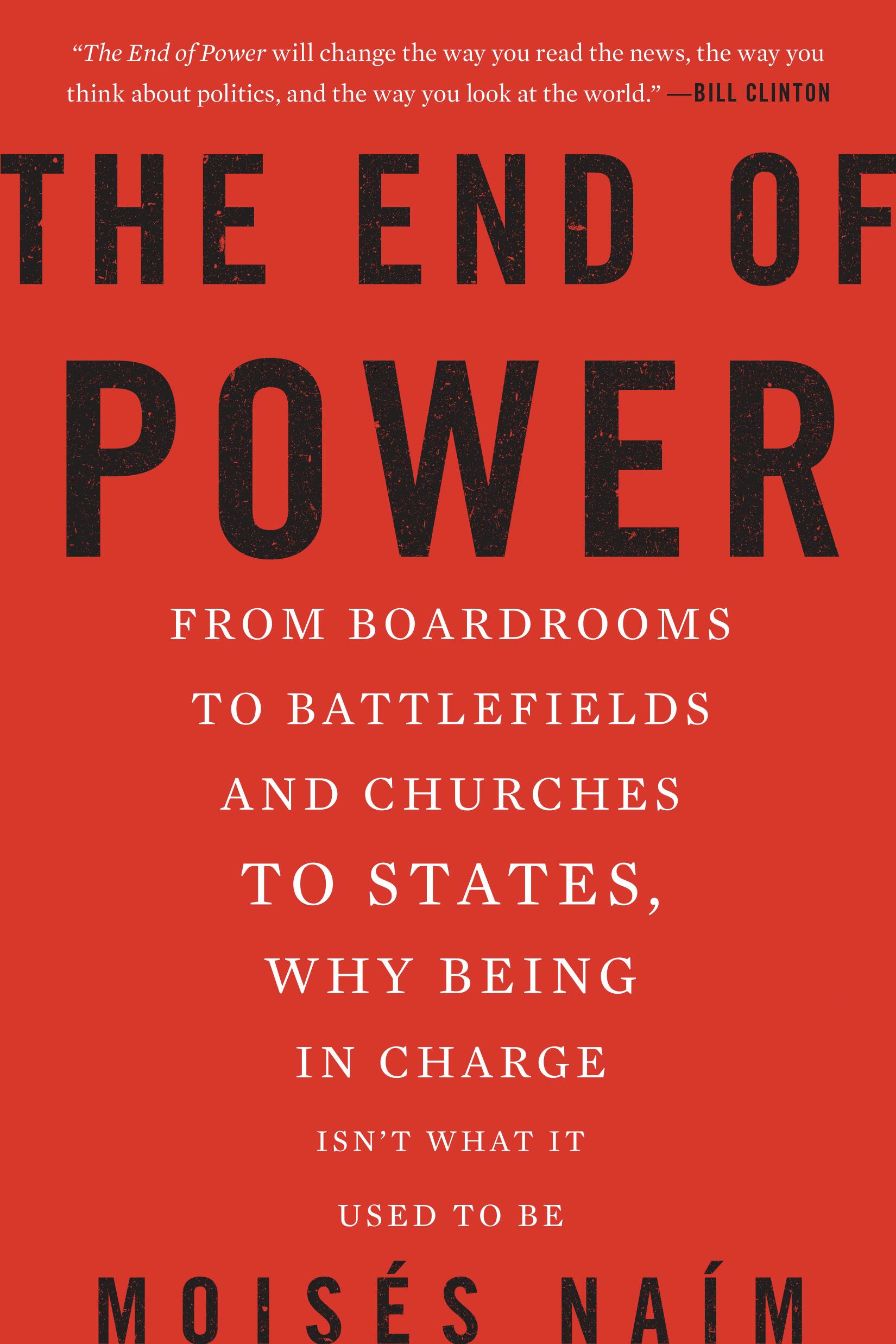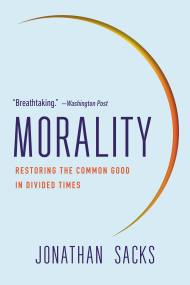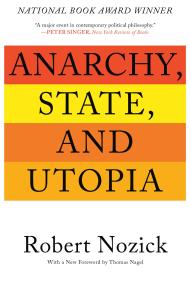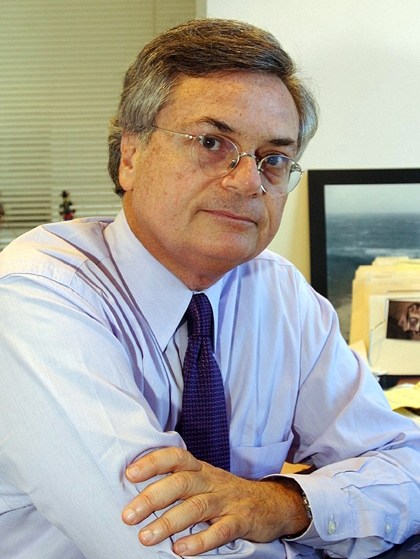By clicking “Accept,” you agree to the use of cookies and similar technologies on your device as set forth in our Cookie Policy and our Privacy Policy. Please note that certain cookies are essential for this website to function properly and do not require user consent to be deployed.
The End of Power
From Boardrooms to Battlefields and Churches to States, Why Being In Charge Isn't What It Used to Be
Contributors
By Moises Naim
Formats and Prices
- On Sale
- Mar 11, 2014
- Page Count
- 304 pages
- Publisher
- Basic Books
- ISBN-13
- 9780465065684
Price
$12.99Price
$16.99 CADFormat
Format:
- ebook $12.99 $16.99 CAD
- Audiobook Download (Unabridged)
- Trade Paperback $17.99 $22.99 CAD
This item is a preorder. Your payment method will be charged immediately, and the product is expected to ship on or around March 11, 2014. This date is subject to change due to shipping delays beyond our control.
Buy from Other Retailers:
br> Power is shifting — from large, stable armies to loose bands of insurgents, from corporate leviathans to nimble start-ups, and from presidential palaces to public squares. But power is also changing, becoming harder to use and easier to lose. In The End of Power, award-winning columnist and former Foreign Policy editor MoiséNaÃilluminates the struggle between once-dominant megaplayers and the new micropowers challenging them in every field of human endeavor. Drawing on provocative, original research and a lifetime of experience in global affairs, NaÃexplains how the end of power is reconfiguring our world.
“The End of Power will . . . change the way you look at the world.” — Bill Clinton
“Extraordinary.” — George Soros
“Compelling and original.” — Arianna Huffington
“A fascinating new perspective . . . NaÃmakes eye-opening connections.” — Francis Fukuyama
Newsletter Signup
By clicking ‘Sign Up,’ I acknowledge that I have read and agree to Hachette Book Group’s Privacy Policy and Terms of Use
